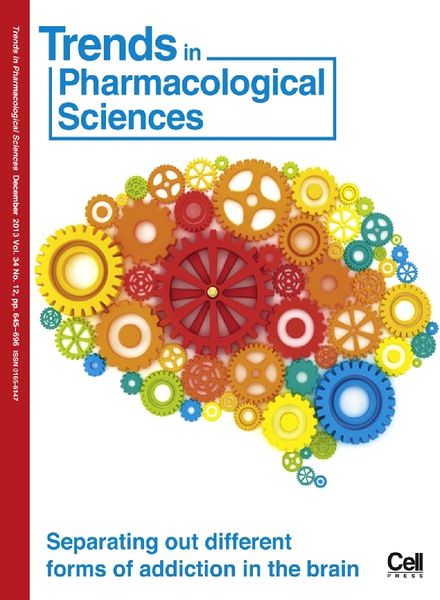“Marijuana, unlike tobacco and alcohol, does not appear to cause head, neck, or lung cancer, says a researcher from Johns Hopkins Medical School in Baltimore who presented findings from a study here recently at a meeting of internal medicine physicians.
There has been an ongoing debate about whether marijuana is as dangerous as tobacco in terms of cancer development. Daniel E. Ford, MD, tried to sort out the evidence by the lifestyles — including marijuana, tobacco, and alcohol use — of 164 persons who were newly diagnosed with head, neck, or lung cancer compared to a group of 526 healthy persons living in the same area. The average age of patients was 49, while the average age of the healthy volunteers was 44. The cancer patients were all treated at four Baltimore-area hospitals, and the “controls” (healthy comparison group) were selected from a large group of people living in the Baltimore area who had been participating in an ongoing study. Ford tells WebMD that he wanted to find out whether the cancer patients were more likely to smoke marijuana or tobacco or to drink than were the healthy volunteers.
According to Ford, he thought he would find an association between marijuana use and cancer, but “that the association would fall away when we corrected for tobacco use. That was not the case. The association was never there.” And that surprised him because of the way marijuana is smoked: deep inhalations, with the smoke held in for effect. “It seemed natural that there would be some connection,” he tells WebMD.
Based on these findings, Ford says that cancer prevention efforts should “remain focused on tobacco and alcohol, two known carcinogens.””
More: http://www.webmd.com/smoking-cessation/news/20000508/marijuana-unlikely-to-cause-cancer
Update from WebMD:
“Pot Smoking Not Linked to Lung Cancer
Study Shows No Increased Risk for Even the Heaviest Marijuana Smokers.
People who smoke marijuana do not appear to be at increased risk for developing lung cancer, new research suggests.While a clear increase in cancercancer risk was seen among cigarette smokers in the study, no such association was seen for regular cannabis users.Even very heavy, long-term marijuana users who had smoked more than 22,000 joints over a lifetime seemed to have no greater risk than infrequent marijuana users or nonusers.”
More: http://www.webmd.com/lung-cancer/news/20060523/pot-smoking-not-linked-to-lung-cancer




1942-7611/asset/olalertbanner.jpg?v=1&s=4b27d6a6bed6b58a9935efe70e4f95efc39146bd)

